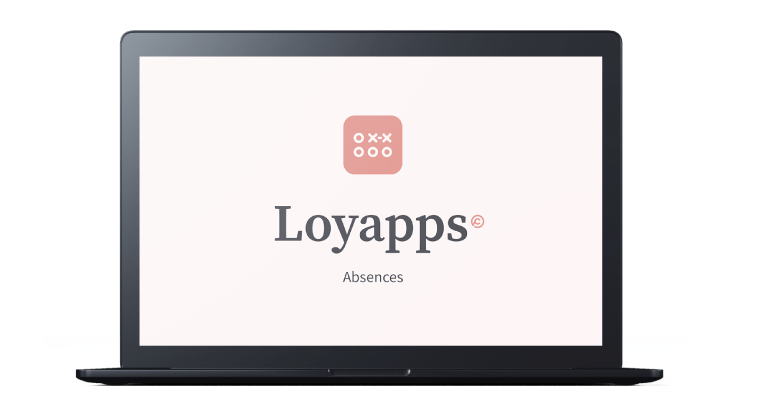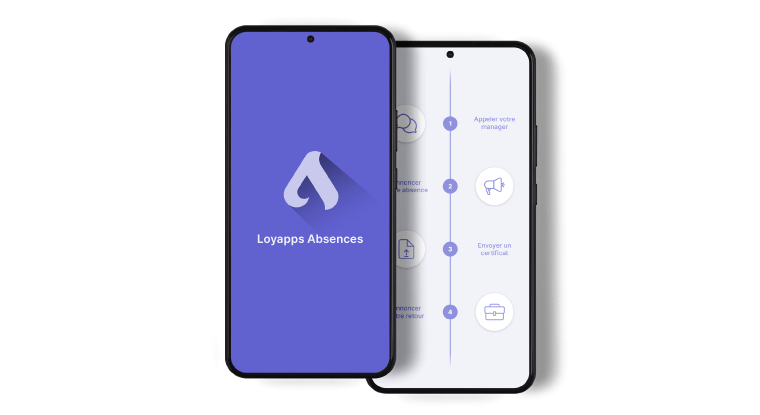
Termination of employment and release from the obligation to work
When an employee’s Contrat is terminated, the employer may, for various reasons, decide not to employ the employee.
In this case, the employer may unilaterally release the employee from the obligation to work during the notice period.
In concrete terms, what impact does this have on vacation, overtime, etc.?
Our partner CJE, Avocats, Conseillers d’Entreprises, reviews these issues for you.
1. Rights and obligations Firstly, it should be noted that with the exception of the obligation to work, from which the employee is expressly released by the employer, all the rights and obligations of the employer and the employee remain unaffected. 2. Duration of release from the obligation to work In certain situations, the employee may benefit from protection against dismissal, which defers the end date of the employment relationship.
This can extend the employment Contrat by several months.
Employers faced with such a situation will need to consider whether or not they intend to release the employee for the full duration of the notice period, in the event of a case affecting the notice period.
The employer may reserve the right to revoke release from the obligation to work in cases where the leave period is extended.
3. Wages The salary owed by the employer must be paid on the usual dates and must be equivalent to that which the employee would normally have received had he or she worked during the period of release from the obligation to work.
4. Usual” allowances Where the employee normally receives allowances (e.g. for work at night, on Sundays and public holidays), the employer must continue to pay them, even if the employee has been released from the obligation to work. 5. Expenses Expenses to which the employee is entitled, such as meal allowances for entertainment, travel, cleaning of work clothes, etc., no longer need to be paid insofar as they cover costs directly linked to the performance of work and are saved on days not worked.
6. Company car If the employee benefits from a company car whose use is exclusively professional, he/she is no longer entitled to it as soon as he/she is released from the obligation to work.
On the other hand, if the employee is able to use the company car for private purposes, he/she is entitled to keep it until the end of the employment relationship. 7. Equipment made available to the employee The employer will inform the employee of the date on which any equipment provided (telephone, laptop, etc.) must be returned. Once the employee has been definitively released from the obligation to work, there is a priori no reason to wait until the employment contract has actually ended before requesting the return of the equipment. 8. Vacation The employer may deem the employee’s vacation balance to have been taken during the leave period in which he/she is released from the obligation to work, although a certain limit applies.
It is generally considered that 1/3 of the vacation balance during which the employee is released from the obligation to work can be deemed to have been taken.
Thus, if the leave period is three months and the employee has a vacation balance of 21 days, the entire vacation balance may be deemed to have been taken during the leave period.
On the other hand, if the notice period is two months, 7 days’ vacation must be paid.
In a recent ruling, the Federal Court accepted, in view of the circumstances of the case, the taking of 35.67 days of vacation over a period of release from the obligation to work of 75.46 days (Federal Court ruling 4A_381/2020 of October 22, 2020). 9. Overtime The case of overtime is different from that of vacation.
Overtime can only be deemed to be compensated if this is formally stipulated in the employment contract; otherwise, it must be paid to the employee. 10. New employment Since all the rights and obligations of the employer and the employee remain unaffected, the latter may not start a new job without the express agreement of the employer, especially if the new job could breach the employer’s duty of care and loyalty.
If the employee starts a new activity during the leave period and is released from the obligation to work, the employer is entitled to deduct from the salary owed to the employee what he/she has earned from the new activity. 11. Inability to work If the employment contract is terminated by the employee, any incapacity for work, illness, accident, pregnancy, etc. has no influence on the date of termination of the employment relationship, even in the event of release from the obligation to work during the notice period.
If, on the other hand, the employer has terminated the employment contract, the employee benefits from the usual protections in accordance with the actual duration of the incapacity, but limited to 30 days during the first year of employment, 90 days from the second to the fifth year of employment and 180 days from the sixth year of employment. 12. Maternity leave If the employment contract is terminated by the employee, pregnancy or maternity leave has no influence on the termination date of the employment relationship, even in the event of release from the obligation to work. If, on the other hand, the employment contract is terminated by the employer, the employee’s period of leave is suspended for the duration of the pregnancy and for the 16 weeks that follow; it does not start running again until the first day of the 17th week following childbirth. 13. Paternity leave If the employee terminates the Contrat, any paternity leave does not affect the termination date of the employment relationship, even if the employee is released from the obligation to work.
If, on the other hand, the employer has terminated the employment contract, the period of leave for an employee who has been released from the obligation to work is extended by the number of days of leave not taken.
14. Short-term leave for caregivers Short-term leave for caregivers (maximum 3 days per case and 10 days per year) does not affect the termination date of the employment relationship.
15. Leave to care for a child seriously affected by illness or accident If the employment contract is terminated by the employee, leave to care for a seriously ill child does not affect the termination date of the employment relationship, even in the event of release from the obligation to work.
Employees dismissed by the employer and released from the obligation to work are entitled to 14 weeks’ leave to care for a child seriously affected by illness or accident; they benefit from protection against dismissal for a period of six months from the date on which the first compensation payment is made, which extends the duration of the employment contract accordingly. Final remark
- The employee is only entitled to protection against dismissal after the end of the probationary period.
- If the employee is protected against dismissal, Saturdays, Sundays and public holidays are included in the calculation.
- To avoid any misunderstandings that could lead to disputes, it is advisable to agree in writing on the rules governing relations between the employer and the employee in the event of release from the obligation to work during the leave period.
This content was written by our partner CJE, Avocats, Conseillers d’Entreprises.

















